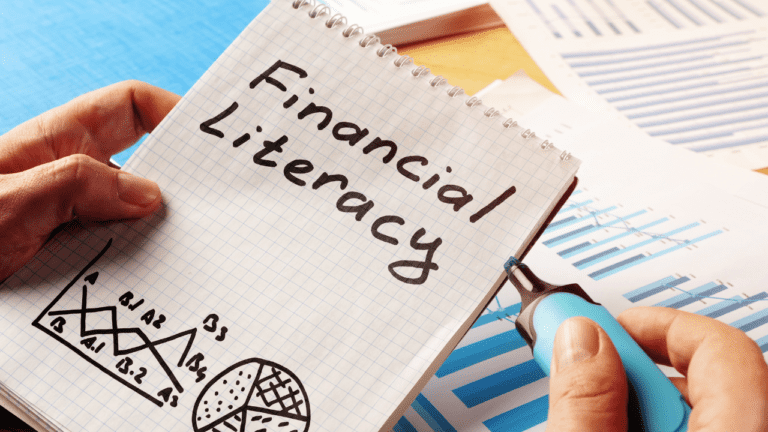IRS Announced New 2023 RMD Relief for IRA Beneficiaries
This week, the IRS issued new 2023 required minimum distribution (RMD) relief for IRA beneficiaries. This inherited IRA question has been on many individuals mind’s for some time, so see below for the IRS updates. If you have any questions or want further clarification, check out the IRS website, or email us at info@shermanwealth.com. “The…










